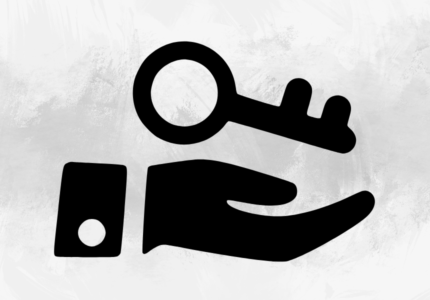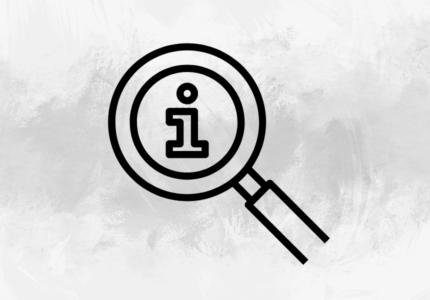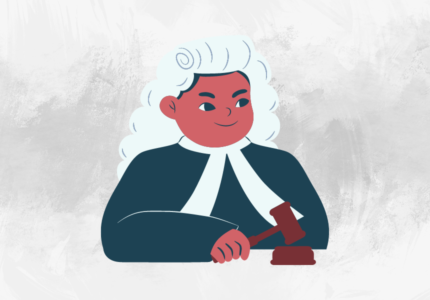
Does the traditional resume have enough to get you the job you Really Would Like?
For just $200, anyone who is lacking in writing abilities or otherwise could seek out professional help in preparing their resume for a job hunt. However, the tweaking of someone’s resume for the presentation to a prospective employer will usually be merely cosmetic. It’s nice looking. The grammar is correct, the layout is appealing, and all the details are accurate but is it enough to be enough to secure the job?
What’s wrong with a Factual Good-Written Resume?
A well-written resume will improve your chances of getting hired. By presenting all the information, you will provide the reader with complete details. However, they’re not even close enough. This kind of tweaking is reminiscent of the adage that no matter how many times it is tweaked on a submarine, it’s never going to be in a position to fly. Why? You are working on an unlikely or incorrect base.
What is an Employer’s Goal?
What is an employer looking for? Employers are often in an instant; therefore, the first paragraphs of your resume must concentrate on the job requirements. When that is done, if your resume is written correctly, an employer will instantly determine if the applicant is a good fit or not, and there will be no time spent by employers (or the candidate). If the candidate is found to be suitable, the employer is looking for evidence of the capacity to meet the requirements. The resume must offer that confirmation clearly and succinctly. In the present, with the interest of the employer peaked, your resume must inform your prospective employer of the person you are and your true personality, as demonstrated by the concise and factual story of your life. The prospective employer must be able to recognize the personality of the person–sincere as well as determined and easygoing, whatever is true about you. The resume should also show the traditional format of resumes: a listing of your previous work experiences as well as your training. The last part of the ideal resume is the information traditional resumes include first. We are not like traditional resumes already.
What can we do to create this particular record (your personal story) in the proper order and in a way that’s not overly long yet conveys enough? The part that is not too long is simple: two pages of 12-point type, no less, not more. However, a description of the ‘enough’ part requires a bit more time to sketch out.
The following is the way to go:
What’s sufficient?
A well-constructed resume, along with having a professional look and length, must:
Engage the reader with a compelling story about your life. Get the attention of your reader immediately
In the following few chapters, you can get the reader gradually more involved.
The skills and abilities should not be the only focus of the applicant, but let the personality of the candidate shine through.
Beware of exaggerations and ambiguities.
Let you find an exact match between the requirements of the job and the skills of the applicant.
Accept a hostile rejection (a poor job match serves nobody’s interest)
You can quickly adapt to the job description specific to your position.
Once that’s done then, recruiters will begin giddy at the prospect of reading your resume. When a manager invites this candidate in for an interview, it’s because the manager has already made the decision that “this is the candidate we’re looking for.” The interview is only used as an affirmation.
A Compelling Story
A captivating story is told through the perfect sequence of events that constantly increases the desire of the audience, and at the conclusion of the story, the reader is forced to act and hire you due to your ability to meet the current need. The story is finished, and all is visible for the reader to be able to. The interview for hiring is a formality of the decision made prior to studying the story of a life that is portrayed through this resume.
Get immediate attention
A way to get the attention of the reader is to write something that will be relevant to the person who reads it. What would be interesting to someone who reads resumes? It’s what you offer, and if it is in line with what the reader is looking for, your attention will be glued to your resume and stay there until something odd appears. Thus, you need to define the job you’d like to get in a way that anyone can comprehend the job description and can determine whether it is a suitable (and, typically, painful) demand.
Sequence the Reader
You can sequence the reader by putting the reader’s needs first and not your own. Imagine the way a book is sold in an online bookshop. The title is the first thing that grabs the attention of the reader (your goal). The cover of the book provides pertinent points within the book (your short, factual highlights). Then, as a prospective book buyer, you look through the book to look over specific contents or style of writing to know the way this writer approaches writing on the subject of your choice (actual or understated accomplishments on a resume). You purchase the book and, after having read it, you glance over the appendices (for us, it’s your work history, which isn’t so important as you think it is at the initial glance, but it is vital as backup data, hence at the end of your resume).
Let your personality shine through.
At this moment in our tale, the reader of your resume may have already found that your skills meet the requirements. “But who is that person?” is the question asked by the boss. While it’s not easy to present to the viewer who you are. Naturally, a listing of your previous jobs or degrees won’t suffice. Thus, you need to make a subtle effort to weave your values, preferences and dislikes, as well as your strengths and weaknesses, into your story. Although it isn’t easy to achieve, it is crucial because it’s from this information that a hiring manager will determine if you are a good fit for the company’s or particular hiring manager’s values system. For instance, if a company values ethical behavior and your resume displays an ethical and moral character, then there will be an emotional and emotional reaction to your character. Since the majority of decisions, even hiring decisions, are emotionally motivated (with the rational argument that follows), it is necessary to appeal to the emotions of the employer. It’s possible to do this in either direction. If an employer believes that those with high ethical standards are weak, they won’t be able to positively review your resume. Also, it’s a good thing they wouldn’t want you there.
Avoid Ambiguities
Another essential but difficult task when it comes to resume writing is to present the facts in a manner that is accurate so that the reader will have no doubt as to the truth of the assertion. Instead of saying, “Improved efficiency by a significant amount,” it is better to make it clear: “Increased production from 10 parts per hour to 22 parts per hour, which adds $2.5 million in production output each year for the company”. Do not overstate the importance of your resume, either directly or indirectly. “Oversaw a group of experts” should be changed to “oversaw two technicians and two engineers.” “Oversaw many workers” should be changed to “oversaw 22 employees” in the event that 22 is the number that you are sure is reported to you.
Ensure that the Fit
The only way to be sure that you are able to meet the requirements for the job is to:
(a) Create an individual resume for each job that you apply to that is tailored to the requirements of the prospective job.
(b) read the job description word-for-word and show how you can are able to match (or do not match) every expression or word.
This distinctive design of the cover letter ensures compatibility between your employer and the.
To make this flexible-resume method feasible, your resume has to be designed in a manner that includes reserve clauses that you are able to draw upon immediately and tailor to the different demands of the job, however, only when you need. Reserve forces with a strong foundation will prevail in the fight in the dawn and the task of the day.
Summary
Writing a resume isn’t an easy job and is not to be seen as a necessity. Instead, it should be viewed as a vital part of your story that tells your story.
The story must be told so that the viewer, after having read the personal story, understands what you’re about and can decide if you’re the correct type of person for the organization; you must be intelligent and confident.
Good luck and have fun hunting!





